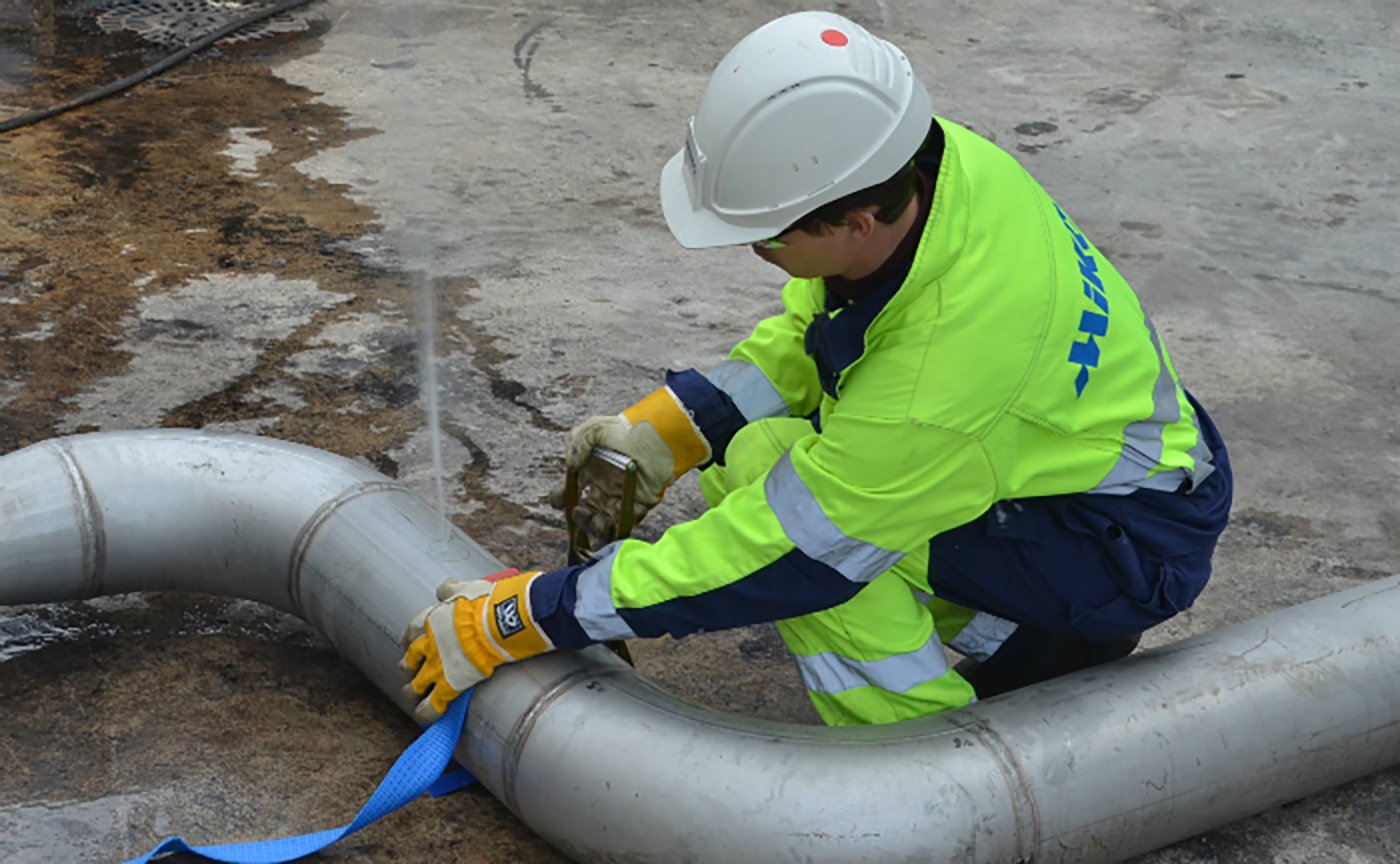Business
Tackling the Unexpected: A Guide to Emergency Leak Repair
An unexpected leak can be a homeowner’s nightmare, causing stress and potential damage to your property. Whether it’s a burst pipe, a leaky roof, or a malfunctioning appliance, handling an emergency leak quickly and efficiently is crucial. In this blog, we’ll explore the steps to take during a emergency leak repair the importance of timely repairs, and tips for preventing future issues.
Understanding the Types of Leaks
Before diving into the emergency response, it’s essential to understand the common types of leaks that might occur in a home:
- Plumbing Leaks: These include burst pipes, leaky faucets, and broken seals in appliances like dishwashers and washing machines.
- Roof Leaks: Often caused by damaged shingles, flashing issues, or clogged gutters, roof leaks can lead to water damage in the attic and ceilings.
- Basement Leaks: These can result from foundation cracks, poor drainage, or groundwater seepage.
- Gas Leaks: A serious issue that requires immediate attention due to the risk of fire or explosion.
Immediate Steps to Take During a Leak Emergency
1. Stay Calm and Assess the Situation
- Identify the source of the leak if possible. This will help you decide on the next steps and communicate effectively with professionals if needed.
2. Turn Off the Water Supply
- For plumbing leaks, quickly turn off the main water valve to prevent further water damage. If the leak is from an appliance, shut off the water supply to that specific appliance.
3. Turn Off Electricity if Necessary
- If water is leaking near electrical outlets, appliances, or wiring, turn off the electricity at the circuit breaker to avoid the risk of electrocution.
4. Contain the Leak
- Use buckets, towels, or mops to contain the water and prevent it from spreading. For minor leaks, a temporary fix like duct tape or plumber’s tape can help until professional help arrives.
5. Ventilate the Area
- Open windows and doors to allow fresh air to circulate, reducing humidity and preventing mold growth.
6. Call a Professional
- Contact a licensed plumber, roofer, or relevant professional to assess and repair the leak. For gas leaks, immediately leave the area and call emergency services.
The Importance of Timely Leak Repair
- Prevent Water Damage: Delaying repairs can lead to extensive water damage, affecting walls, floors, and personal belongings. This can result in costly repairs and replacements.
- Avoid Mold Growth: Moisture from leaks creates an ideal environment for mold and mildew, which can pose health risks and damage property.
- Protect Structural Integrity: Continuous exposure to water can weaken structural components of your home, such as wooden beams and foundations.
- Save Money: Addressing leaks promptly can prevent minor issues from escalating into major problems, saving you money in the long run.
- Ensure Safety: Gas leaks and electrical hazards pose significant safety risks. Immediate action is necessary to protect yourself and your property.
Tips for Preventing Future Leaks
- Regular Inspections: Conduct routine checks of your plumbing, roof, and appliances to identify potential issues before they become emergencies.
- Proper Maintenance: Keep your plumbing system and appliances in good condition. Regularly clean gutters, inspect roof shingles, and service water heaters.
- Install Leak Detection Devices: Consider installing water leak detectors in high-risk areas like the basement, kitchen, and bathrooms. These devices can alert you to leaks early on.
- Insulate Pipes: In colder climates, insulate pipes to prevent them from freezing and bursting.
- Understand Your Plumbing System: Know the location of your main water shut-off valve and how to operate it. This knowledge is crucial during a leak emergency.
Final Words
Dealing with an emergency leak repair can be a stressful experience, but knowing the steps to take can help minimize damage and ensure a quick resolution. From identifying the type of leak to taking immediate action and calling in professionals, being prepared is key. Additionally, regular maintenance and preventive measures can go a long way in protecting your home from future leaks. By staying vigilant and proactive, you can safeguard your property and enjoy peace of mind. Remember, when it comes to leaks, time is of the essence—don’t wait to act!

















